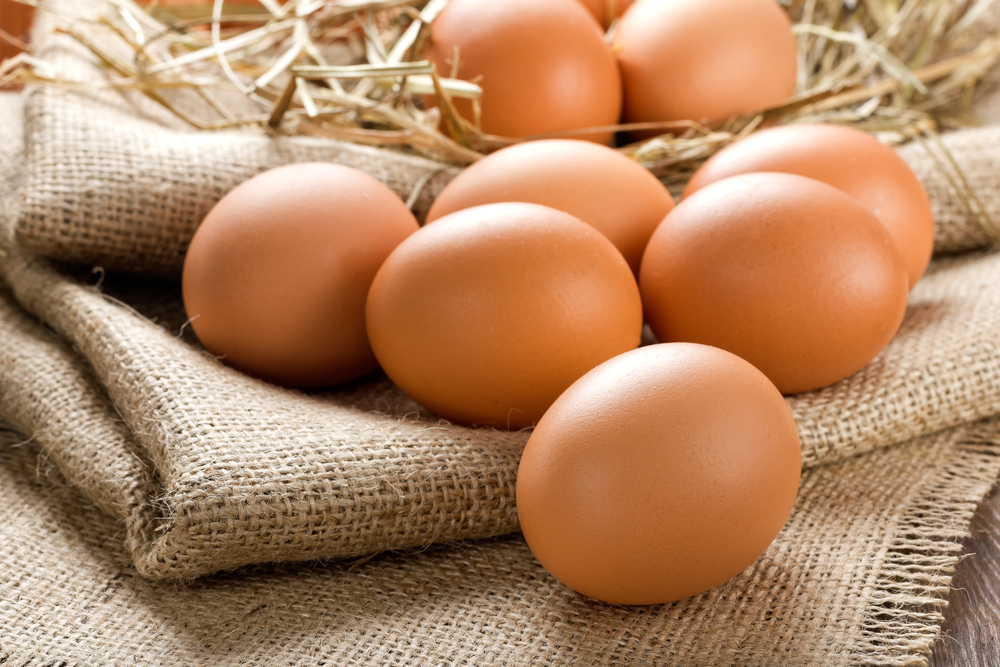Eggs and Babies: Debunking ‘First Foods’ Myths

When it’s time to start your baby on solids, there’s no shortage of old wives’ tales with a plethora of alarmist advice about everything that can go wrong if you choose the wrong first foods or—gasp—offer them in the wrong order.
The good news is that the official guidelines (from sources like Health Canada, The Canadian Paediatric Society, Dietitians of Canada and the Breastfeeding Committee for Canada) on what to feed baby have really loosened up over the last decade or so, giving new parents more options for baby’s healthy diet.
Here’s a look at some of the biggest myths about starting solids and what the latest guidelines really advise.
Myth #1: Baby’s first food should only be infant cereal.
Fact: There are numerous suitable and nutritious first foods for infants. Get that first high-chair photo op with sweet potatoes, avocado or another fruit, vegetable or whole eggs instead.
Myth #2: Protein should only be introduced once solids are well established.
Fact: Baby’s natural iron stores—those they have at birth and receive from breast milk—start to deplete at around six months. That means it’s actually advantageous to work an iron-rich protein source such as puréed meat or a mashed up egg into our baby’s diet as one of their first foods. (Just be sure to wait three to five days between each new food to make it easier to note any digestive reactions.)
Myth #3: Eggs might cause my baby to have an allergic reaction.
Fact: While it was once thought that egg white shouldn’t be introduced until baby turned one, research now shows that introducing whole eggs early may help to lower the chance of developing an egg allergy. That’s why recent infant feeding guidelines developed by Health Canada, The Canadian Paediatric Society, Dietitians of Canada and the Breastfeeding Committee for Canada now recommend introducing whole eggs (that’s the yolks and the whites) starting at six months.
Myth #4: Eggs are unhealthy and full of cholesterol.
Fact: With six grams of the highest-quality protein and fourteen essential vitamins and nutrients, eggs are a practical way to add an iron-rich, wholesome food to your baby’s diet. They are a natural source of choline, which plays an important role in brain development.
For more information on the new guidelines and ideas on how to incorporate eggs into your baby’s diet, please click here.![]()














